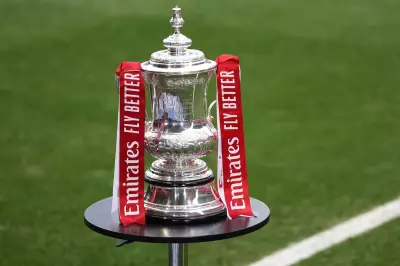
Racing enthusiasts across Australia have expressed their outrage after Channel Seven's live broadcast of the iconic Melbourne Cup was plagued by technical failures, causing viewers to miss significant portions of the celebrated event.
The broadcasting debacle occurred during one of Australia's most-watched sporting occasions, with frustrated fans taking to social media to voice their displeasure. Many reported experiencing sudden cutaways, missed race coverage, and unexplained interruptions throughout the broadcast.
Viewer Backlash Erupts Online
Social media platforms became inundated with complaints as the broadcast issues persisted. Disappointed racing fans described the coverage as "unprofessional" and "unacceptable" for an event of such national importance. The timing couldn't have been worse, with technical problems occurring during critical moments of the race day.
A History of Broadcasting Excellence Under Scrutiny
Channel Seven, which has built a reputation for comprehensive sports coverage, now faces questions about its technical preparedness for major live events. The Melbourne Cup represents one of the crown jewels in Australia's sporting calendar, drawing millions of viewers annually both domestically and internationally.
The incident has sparked discussions about broadcasting standards and the reliability of live sports coverage, particularly for events that capture the nation's attention. Many viewers have called for improved contingency planning and technical safeguards to prevent similar occurrences in future broadcasts.
Industry Implications and Future Expectations
This broadcasting failure comes at a time when sports networks face increasing pressure to deliver flawless coverage amid growing competition from streaming services. The technical mishap serves as a stark reminder of the challenges involved in live broadcasting and the high expectations of modern sports audiences.
As the dust settles on this year's Melbourne Cup, all eyes will be on Channel Seven's response and the measures they implement to ensure such disruptions don't recur in future sporting broadcasts.





